Taking a person-first approach to high performance sport in Canada
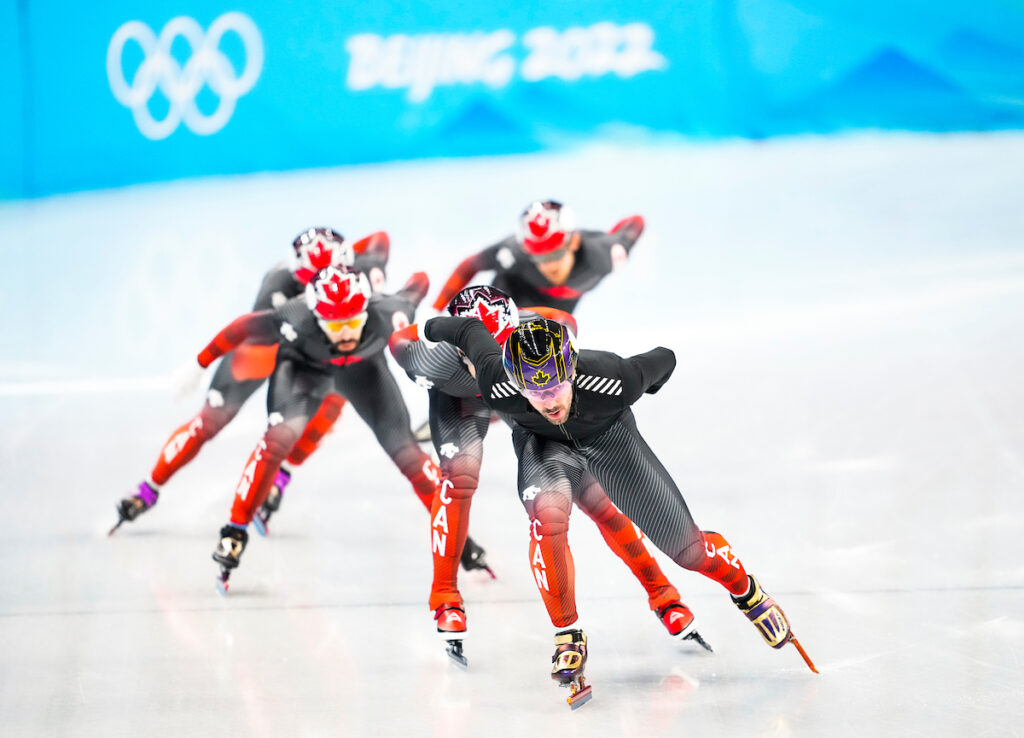
Highlights Over the course of 2022, athletes and supporters have consistently raised concerns about maltreatment and lack of transparency in the Canadian sport sector In this SIRCuit article, Teddy Katz explores athlete concerns, as well as changes being made within Canadian sport to move towards a “person-first” system Katz spoke to Olympians, mental health experts…
Move over menstrual cycle: Ovulation monitoring is the new gold standard to monitor REDs in female athletes

Highlights Low energy availability (LEA) arises when there is not enough energy (calories) consumed to support critical body functions as well as extra physical activity, such as training Relative Energy Deficiency in Sport (REDs) is a result of longstanding LEA and is associated with a variety of negative health and performance outcomes Until recently, menstrual…
Exercising outdoors in Canada: What the research tells us about exercising safely and effectively in extreme cold
Highlights Our bodies experience cold as a physiological stressor, meaning that one’s body must work hard to keep itself in thermal balance It is important for athletes and coaches to be aware of ways to mitigate the risks of cold exposure, which can include tissue injury and diminished cardiovascular capacity This article summarizes the research…
Exercising outdoors in Canada: What the research tells us about exercising safely and effectively in extreme heat
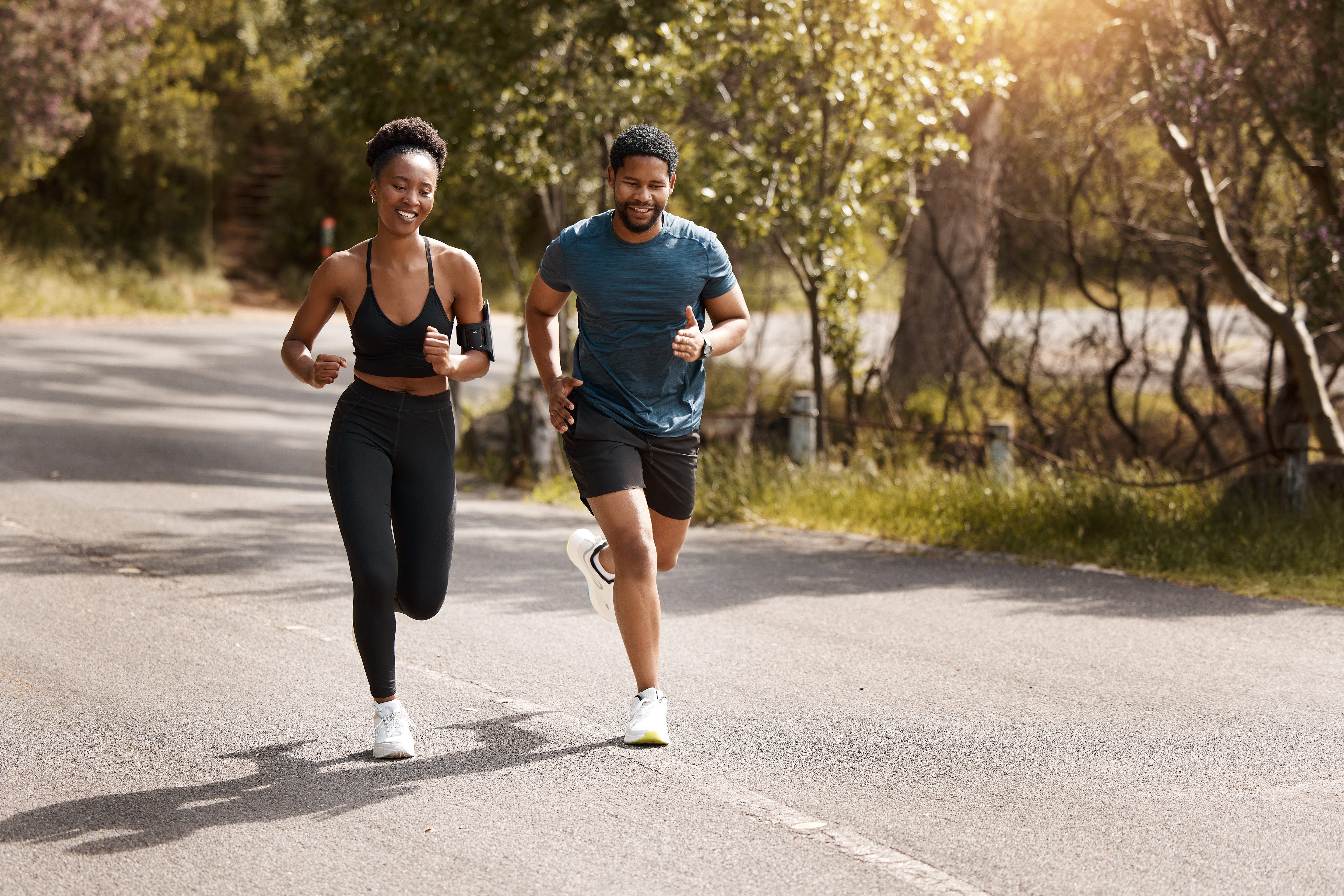
Highlights While Canadians are used to severe winter weather, 9 of the 10 warmest years on record in Canada have occurred in the last 25 years. This has real world implications for outdoor sport events. For example, even the best triathletes in the world struggled with the extreme heat in Edmonton in July, with Paula…
Managing the competing tensions of social media as a high performance athlete

Highlights When it comes to the relationship between sports and social media, it’s hard to know where to start. Athletes have never been more visible and accessible than they are now. As a result, social media has become an increasingly commercialized space within the sporting industry, with brands and sponsors seeking to reach consumers through…
From scarcity to abundance: How Para athlete transfer can broaden development pathways
Highlights The Canadian Paralympic Committee and Own the Podium identified the creation of an “Athlete Transfer System” as a way to broaden Para athlete development pathways Athlete transfer is when an athlete switches sports or takes on an additional sport Currently, athlete transfer happens fairly frequently, but is predominantly athlete-directed Many stakeholders believe a “scarcity…
Sport after Moneyball: Exploring sports analytics and the digital economy

Highlights The 2011 film Moneyball was a critically acclaimed, Academy Award-nominated, box office success. This is quite something, given that the movie centres on debates over baseball strategy and statistics. Moneyball dramatizes the story of the Oakland Athletics Major League Baseball (MLB) team in the early 2000s, and specifically the team’s adoption of unconventional player…
How sport organizations and events are combating climate change
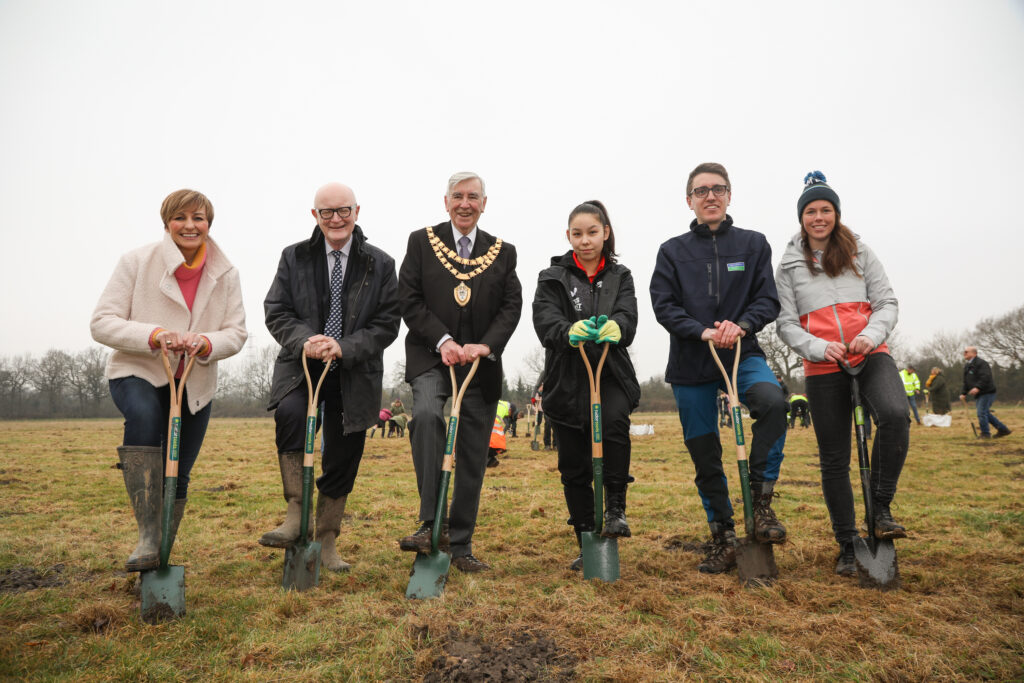
Photo credit: Denise MaxwellOrganizers of the Birmingham 2022 Commonwealth Games plant trees for a new Commonwealth Games Forest that will serve as one of the Games’ legacies. Highlights At a United Nations Conference on the role of sport in combating climate change in April 2022, conference participants noted that sport is both a casualty of and…
Current perspectives on multi-sport participation
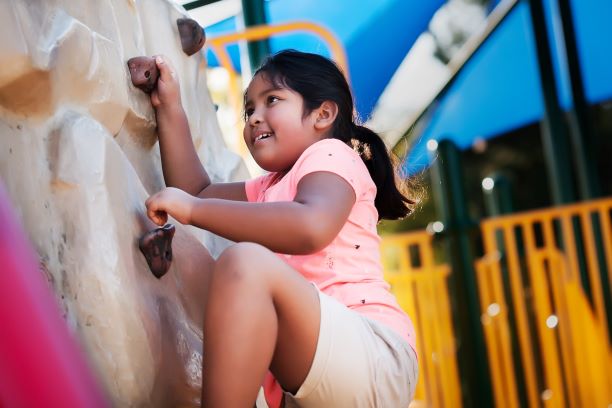
Highlights What’s the best path to the podium? That’s the question behind the debate between early specialization and early diversification. Drawing on the example of some well-known champions like Tiger Woods or the Williams sisters, the early specialization camp argues that an early start in the athlete’s primary sport is essential for development of high-level…
“I feel (un)safe when…”: What athletes have to say about high performance culture
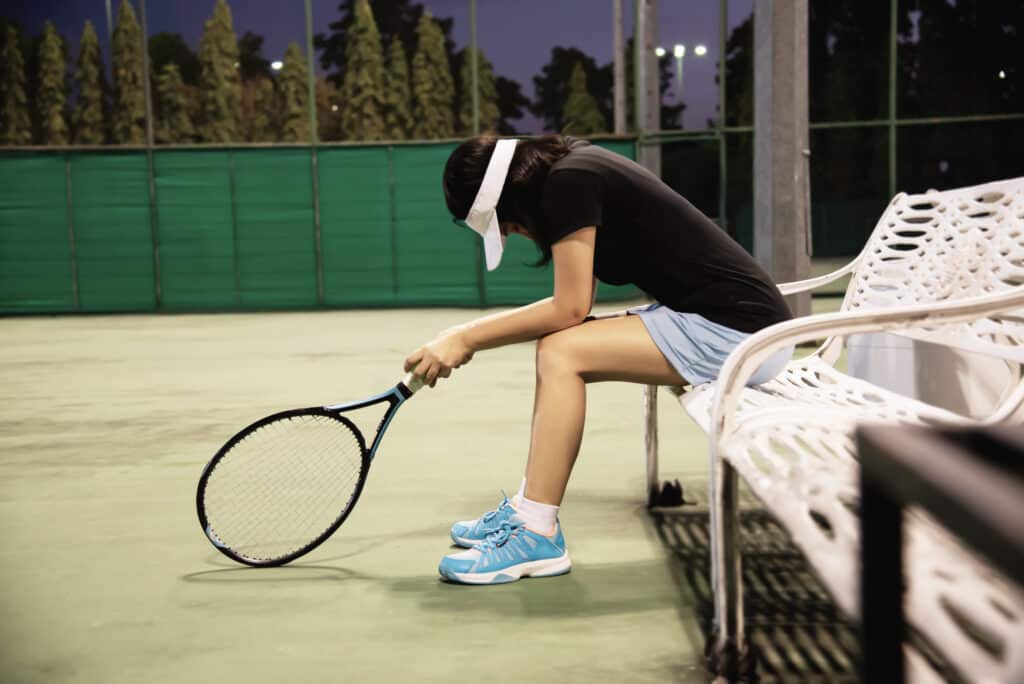
Highlights In this article, researchers present their findings about Canadian high performance athletes’ perspectives on safe and unsafe sport environments, as well as recommendations for changes Athletes identified coach behaviour, teammate or fellow athlete behaviour, lack of resources and an inattentive sport system as key factors contributing to unsafe sporting environments Implementing initiatives to target…